Identity Review | Global Tech Think Tank
Keep up with the digital identity landscape.
Nowadays, with the Internet, any piece of knowledge can be accessed with minimal effort. What many fail to understand is the true cost of such capacity. Oftentimes, big tech firms such as Google and Facebook store user data and share them to other companies, in which they use to personalize ads. Many users are not aware of this considerable breach in user privacy.
In response, the world is seeing a rise in privacy focused organizations with a purpose of raising awareness around protecting user privacy. As there are many approaches surrounding consumer data protection and privacy, we compiled a list of Privacy Focused Organizations that are pushing the frontiers of privacy protection.

Firstly, these are organizations that advocate for digital privacy rights.
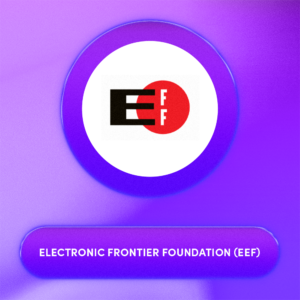
Established in 1990, the Electronic Frontier Foundation is the leading donor-funded 501(c)(3) nonprofit organization that champions for civil rights and liberties within the digital space. EEF continues to promote freedom of speech on the Internet while confronting breaches and illegal surveillance of users’ privacy and data on a federal level. EEF coordinates efforts to push freedom enhancing movements and technologies, and publish articles that update readers on the latest news surrounding Internet privacy.
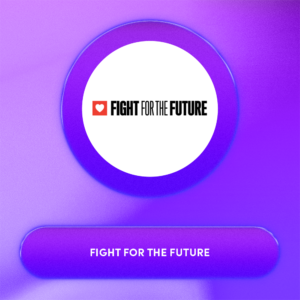
Recently just hitting the ten year mark, Fight For the Future is an activist organization that aims to protect even the most basic of rights during a digital age. In particular, this organization focuses on and attempts to fix the racial, gender, and wealth inequalities caused by certain tech policy issues. Notably, they are known to have lead movements against facial recognition technologies that infringe on privacy rights.
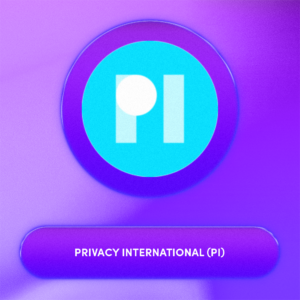
Founded in 1990, Privacy International aims to be an obstacle to powerful institutions that are trying to strip users of their digital freedom and autonomy. On their website, users can find a collection of articles that keep them updated on the latest news within the digital world. Alongside those articles, PI also offers a multitude of guides directly on their website, which teach readers about maximizing digital security and privacy.
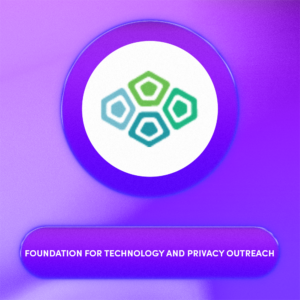
Originally formed by Privacy Vaults Online, Foundation for Technology and Privacy Outreach is another organization that raises awareness on online privacy issues with a focus on youth. The foundation aims to start early by educating children on safe methods of using the Internet – aiming to raise a new generation of not just tech-savvy, but tech safe individuals.
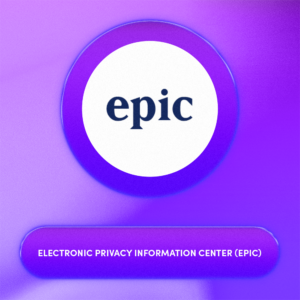
Located in Washington D.C., EPIC is a research center working for the interest of the public by protecting the privacy and freedom of digital users in an information age. By having a board filled with experts in law, public policy, and technology, EPIC works hard to uncover immoral data collection in the legal world.
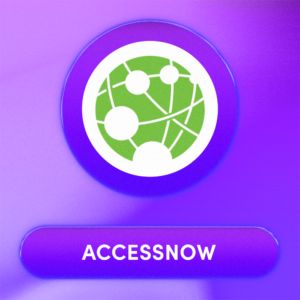
With multiple presences around the globe, Access Now is yet another organization that defends digital rights. While Access Now originally began as an emergency response to the Iranian government censoring people online, they have played a huge part in championing rights within the digital world – even having one of the few 24/7 digital security hotlines. Additionally, Access Now facilitates grant programs that have collectively granted more than $6.1 million to digital rights defenders in 56 different countries and 124 groups.
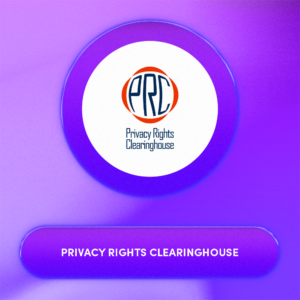
Privacy Rights Clearinghouse is a nonprofit organization that has solely focused on educating users on consumer privacy rights. They educate the public on dealing with data breaches and identity theft all the way to spam emails. Each guide takes you to an extensive list of articles that outline the necessary steps to prevent such measures.
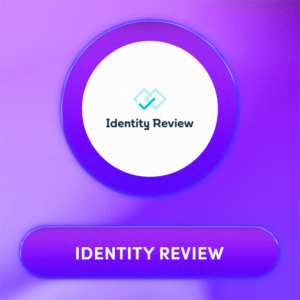
Identity Review is a technology think tank dedicated to shaping the future of the data economy. The organization works with governments, policy makers, and business leaders to help them adapt to the digital era. Major themes include privacy, security, and digital identity. The organization publishes research, assesses vendors and partners with future-thinkers.
The next couple of organizations on the list are initiatives that enable consumers to take control of their data and benefit from it.

Starting as a blockchain startup, Permission.io is a Web3 advertising platform that rewards consumers with crypto in exchange for their data and engagement. When creating an account, users will input their data and create a personalized profile. Permission.io takes this data and works with advertisers to give users a personalized web advertisement experience. If users engage with these advertisers, they will then be compensated in Permission coin (ASK), a cryptocurrency that users can exchange for gift cards, accessories, and more in the ASK store.
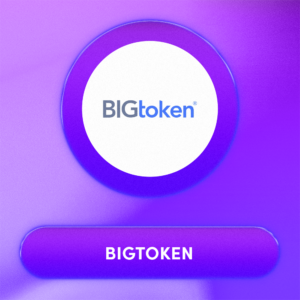
BIGtoken is another organization that enables Internet users to monetize their data. When signing up, users will create a profile and complete surveys that will place them in groups. Advertisers are then allowed to buy access to certain groups, and users are given a cut of the revenue. While BIGtoken gives consumers the ability to take ownership of their digital privacy, the company is under fire for not reimbursing users with the correct amounts.
The following two organizations are cryptocurrencies that maintain the privacy of transactions, even on the blockchain.
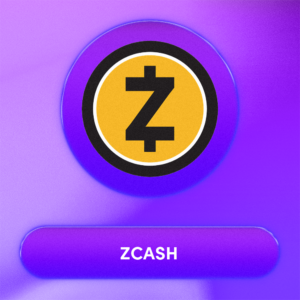
A newly founded digital currency, Zcash conducts transactions between parties on the blockchain using Zero-Knowledge Succinct Non-Interactive Argument of Knowledge (zk-SNARK), a proof where users can verify their possession of certain information without revealing the details of the transaction. Utilizing zk-SNARK, users have the option to conduct transactions on the blockchain while protecting the privacy of it—only disclosing the details of the transaction for auditory and compliance needs.

Monero is another private and decentralized cryptocurrency; however, unlike Zcash, Monero ensures anonymity to every user by default. Monero utilizes three different technologies to guarantee that every transaction is private: Ring Confidential Transactions, Stealth Addresses, and Ring Signatures. RingCT hides the amount of money involved. Stealth Addresses requires the user to create one-time addresses for each transaction, and Ring Signatures only requires one member of a group with keys to provide a digital signature—making it virtually impossible for people to track which member in the group signed.
These next few organizations on the list are various browser services and search engines that focus on ensuring user privacy.
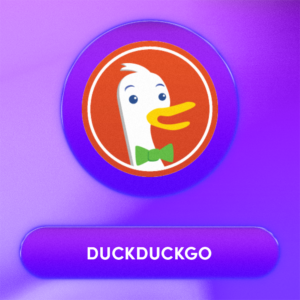
Since its start in 2008, DuckDuckGo offers Internet searchers a secure and more private alternative to the likes of Google. Built on the principle of never storing or tracking any user information, DuckDuckGo only shows ads that are relevant to the user’s current website instead of the user’s past search histories and activity. At the core, DuckDuckGo offers users search results that are not manipulated or personalized.
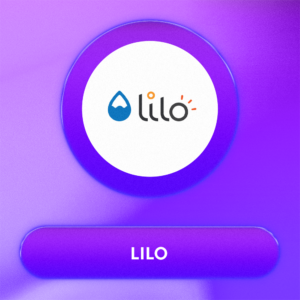
Lilo is a French search engine that protects user privacy by building upon the promises to never accept scripts or third party cookies, nor sell user data to advertisers. Users are given the choice to opt out of any statistical tracking. Additionally, Lilo equates one search to one water drop, and users are then able to choose which social and environmental projects they want to donate their water droplets to—essentially helping fund the initiative.
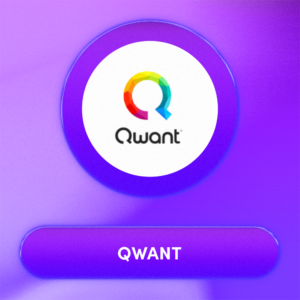
Qwant is another French search engine that provides users with a tracking-free browsing experience. However, Qwant utilizes its own search indexing system that does not personalize ads in order to avoid filter bubbles.
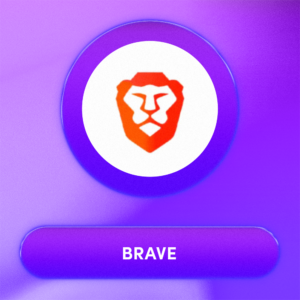
Yet another private search engine that utilizes its own search index and does not track users on the Internet, Brave is another alternative for consumers to avoid BigTech tracking. Recently, Brave is launching the Web Discovery Project (WDP), which enables users to opt-in and contribute data to refine Brave’s search engine; however, Brave maintains anonymity so no data is linked to individual users.
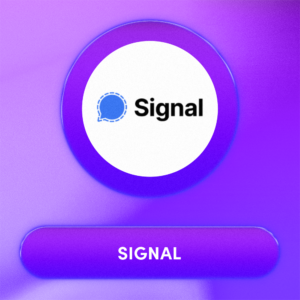
Owned by a nonprofit organization, Signal is a secure messaging app that encrypts users’ messages and protects their private conversations. With end-to-end encryption, Signal uses its own encryption protocol to protect users’ messages and calls—not even the company can view them. Additionally, Signal is open-source, meaning its source code is on the Internet and available to the public.
18. Proton

Proton is a secure, privacy-focused company based in Switzerland that offers a secure ecosystem consisting of various services, such as: mail, calendar, drive, and VPN. Proton utilizes end-to-end encryption to ensure complete security of all emails sent via Proton Mail. Furthermore, the company has recently launched proton.me, which is Proton’s own email domain.
ABOUT THE WRITER
Daniel Shin is a contributor to Identity Review from the University of Southern California. Do you have information to share with Identity Review? Email us at press@identityreview.com. Find us on Twitter.
RELATED STORIES